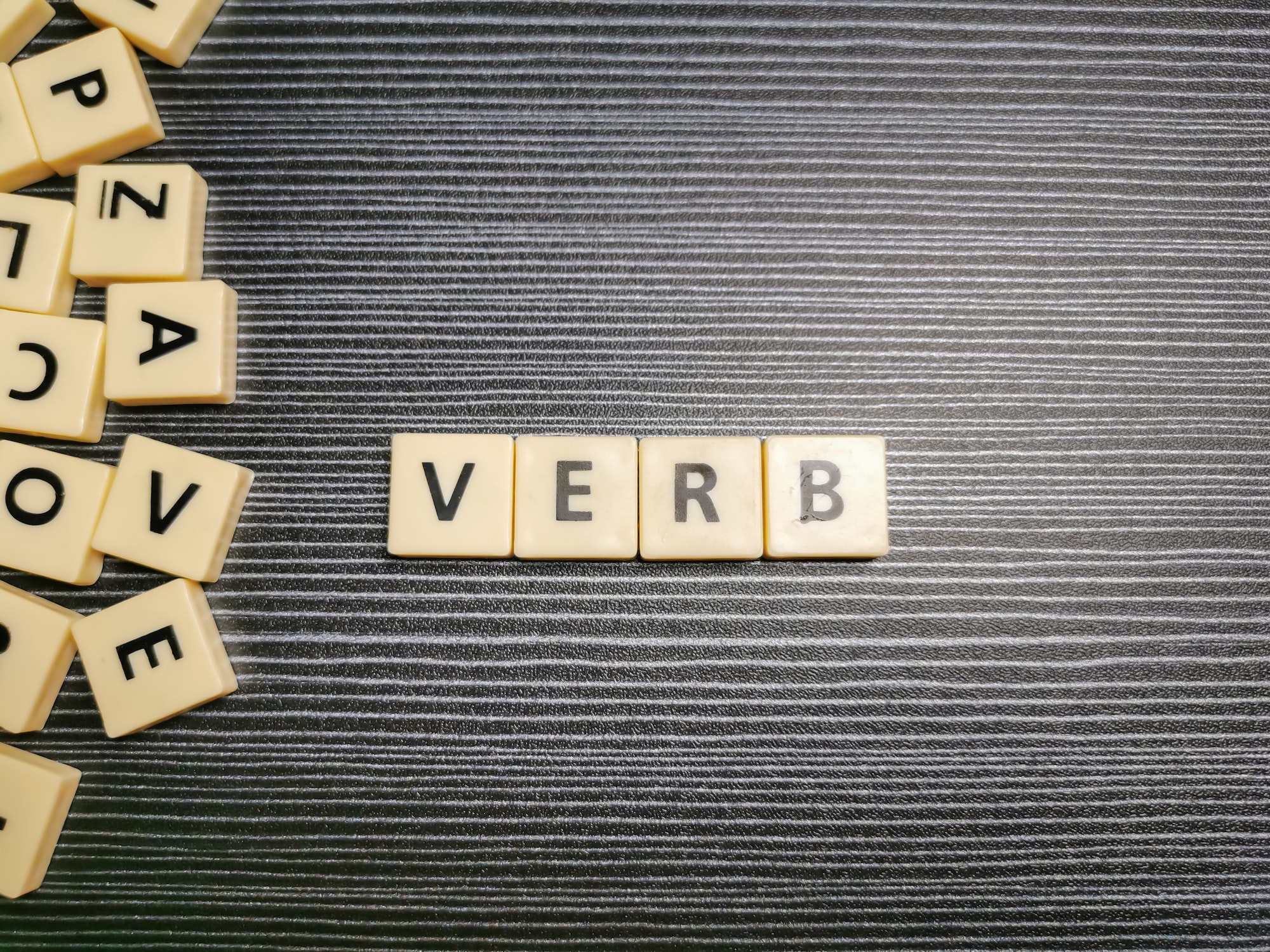German Dative Verbs
Overview
A German dative verb is one that normally takes an object in the dative case—usually without any other object. Yes, there are more lists to memorize, but the concept is a very simple one to master...

If you are looking for more information on this topic, you can access our learning material here: Video, Lesson, Exercise and more…
In German there are a number of verbs that require dative case objects (typically pronouns). These verbs do not need accusative objects. Here is a partial list of such verbs:

Beispiele:
Ich danke dir! I thank you!
Eine Lampe fehlt mir im Wohnzimmer. I am missing a lamp in my living room.
Die neue Wohnung gefällt uns. We like the new apartment.
Sein Arm tut ihm weh. His arm hurts.
Die Bluse steht ihr gut. The blouse suits her well / looks good on her.
Sie sind ihnen im Fussballstadion begegnet. They ran into them at the soccer stadium.
Herr Krauss, ich stimme Ihnen zu! Mr. Krauss, I agree with you!
Our teachers and tutors are experienced and passionate about helping students improve their language skills. Our platform offers a flexible and convenient way to learn from the comfort of your home or in person. Find whether your favorite teacher is available for in person classes or choose any teacher for online class or simply let us pick a great teacher for you.
Highlighted Author:
Stephen Sovenyhazy

Private Classes
Meet one or more times weekly with your dedicated German instructor online or in person at a pace and schedule that fits your busy life.

Group Courses

Self-Study
Do you like to study on your own when it’s convenient for you? Access free courses or buy helpful charts, vocabulary lists, and courses.
Additional Topics
Common European Framework of Reference for Languages
The CEFR is an international standard used to describe language ability. Here are specific details of the CEFR for this topic.



